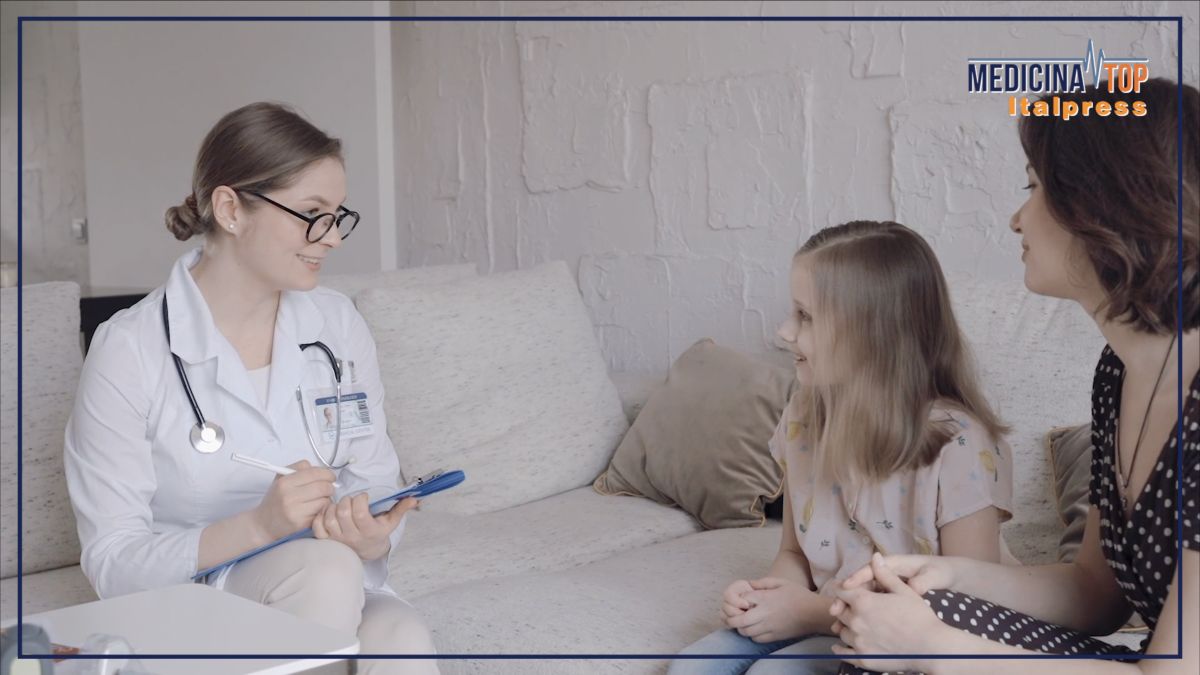ROME (ITALPRESS) – Every individual is unique and unrepeatable. And as such, it must be treated. In medicine, too, the approach is fundamental, especially so in years when the physician has an incredible amount of data at his disposal, which is also the result of the large number of tests possible today. In this context, there is a strong temptation to make diagnoses and administer treatment by merely following recommendations and guidelines, in short, sticking to what has been identified for the group, without paying attention to the uniqueness of the patient. Instead, in-depth dialogue and careful observation, together with examinations considered on a case-by-case basis as necessary, allow for the hypothesis-making that is the important part of the medical profession understood as an exquisitely human activity and still far removed from the performance of artificial intelligence. These are some of the topics discussed by Lidia Rota, a hematologist specializing in hemostasis and prevention of thrombosis, cardiovascular diseases, coagulation diseases and embolism, as well as founder and president of ALT, the Italian association for the fight against thrombosis, interviewed by Marco Klinger, for Medicina Top, a TV format of the Italpress news agency.”The medical approach has changed so much, my generation had no tools,” Dr. Klinger began, “Ultrasound was born in the 1970s, CT in the 1980s, MRI in the 1990s. We had few tools, hands and eyes. We would learn from our patients, look at them, touch it, and learn. Today there is so much access to information that the risk being taken is to go straight to the source of the information and take the data passively,” Rota pointed out. “Boxing patients into a category by treating them uniformly is not the right approach; each patient, on the other hand, is different from the other, and then we have to put in our experience, which is part of the expertise. These facilitations risk giving a very mechanistic approach.” The ability to retain the patient and to take the necessary time are increasingly rare aspects in the world of health care. “The risk is that the patient becomes a little more neutral and does not bind himself to his doctor,” he explained. “Instead, he must listen to him, understand him, and become part of the care. The NHS with such an approach would have an advantage, because it would mean giving more time to the doctor when he makes an initial visit, making an investment that will give a good return. The patient will not feel treated as a number, perhaps we would witness a little less of the horrible events that happen in emergency rooms,” he stressed referring to the ever-increasing cases of assaults on physicians. “The management system of hospitals does not allow for a return to personalized medicine, this is because you have to increasingly quota time. If you talk to the patient, if you retain the patient, you probably take the right path in care: if you invest in the quality of the relationship, you get a patient who follows you and the health care system benefits.” And on artificial intelligence: “Everything that is innovative is extraordinary, but we have to be very careful not to get overwhelmed,” Rota cautioned, “Chat GPT effectively accesses the notions that are circulating, and I asked myself ‘But then I’m not needed anymore?’, then I thought that actually no one cares to have such a cold relationship, it’s very dangerous. AI will change the lives of so many doctors, it will do amazing things on the technological side, it will do crazy things, but the risk young doctors run is to rely only on AI and not put more of their own into it,” she reflected, “We will always be smarter than artificial intelligence. Finally, on his own personal approach in the medical field in his daily work, “My visits last at least an hour, I have to know who I have in front of me, how he is, why he came, his family, the medicines he takes and why. And then I take the time to analyze everything,” he recounted, “I don’t like to have too many tests done, this puts the patient in a circuit that can be demonic. Complicated cases often end up being bounced from one doctor to another,” he concluded, “Today we have super specializations but they forget the big picture.
– photo taken from Top Medicine video -(ITALPRESS).

